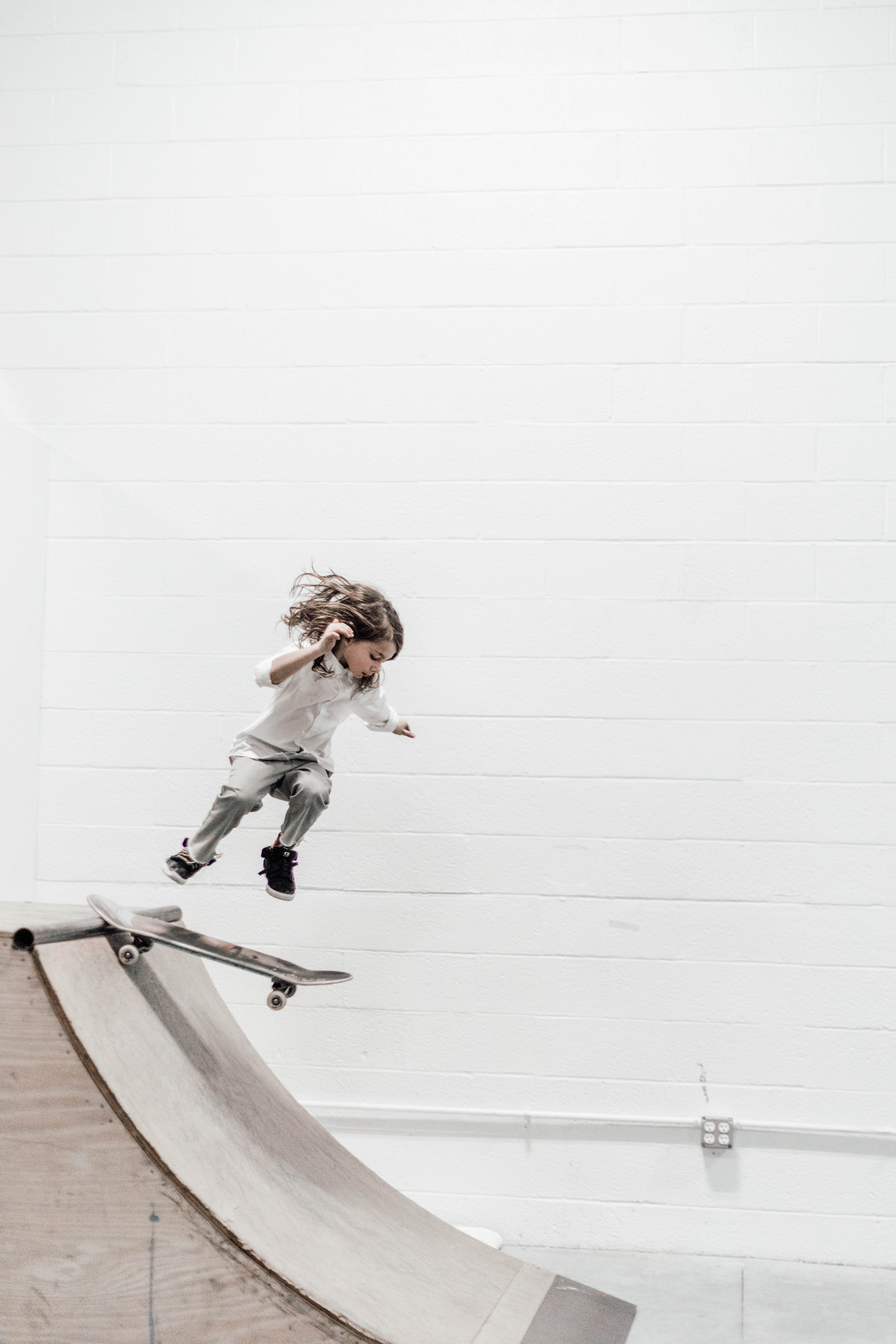
Sometimes we don’t realize the real state of our kids self esteem. They may seem happy go lucky at home where they can speak their minds and let their guard down- having no idea the internal struggle they are experiencing. The first step is being able to recognize what is happening. Once we know what is happening we can take the right steps to help. So if you are unsure of what signs to look for in your kids, here are a few to assess.
- Self talk.
In our heads is a ongoing narrative that encourages or dampers how we act and think. Self talk is a powerful tool in both our successes and defeats. However, most people only let small leaks out in a verbal way. The key to assessing someone’s self talk is to listen to these leaks and the aura they tend to have. Think of these small verbalized sections as boilerplate versions of what is happening inside. If they are quietly verbalizing to themselves that they are not good enough, not smart enough or everyone hates them; they are thinking this to themselves possibly hundreds of times a day.
- Down playing.
Big events and emotions are going to happen. What is interesting is when we down play or try to avoid these emotions, we often think we shouldn’t be or can’t have these situations. As a parent step back and think about it in a rational calm way- would the average ‘well-adjusted’ person react in a similar manner. If not- there is more at play. They may be down playing an event (good/bad/or otherwise) because they are embarrassed, ashamed, not feeling good enough, or don’t want attention put onto them. If they are hiding emotions, it can indicate that they don’t feel safe to express them, that they ‘should’ be more controlled, that they ‘shouldn’t’ feel so much or that they simply don’t want to feel that way. Look at the situation in a calm manner and then have a talk with your child about their personal experience and how you can lessen discomfort.
- Over apologizing & rumination.
If you find that your child apologizes for things they did long ago or even re-apologizes for mistakes- it is an indication of them being really hard on themselves. Being critical of themselves cohabitates with negative self talk and rumination. They may even retell a story several times or circle within the same story. If this is the case their brain is trying to process something that they just can’t seem to figure out. Help them talk through the situation and identify what river they are unable to cross. The emotions shame, guilt, and ‘overwhelmed’ deplete self worth quickly.
- Blaming.
Humans tend to have a much easier time expressing anger than any other ‘under’ emotions like sadness, fear, guilt, or embarrassment. If you find that your child is blaming everyone else for their mistakes or is generally quick to anger, this indicated more is going on within. Try to address the logical side of the situation while acknowledging the emotion. Often times we try and logically speak with them when really the emotional side is the key to understanding. As you discuss emotions you are likely to stumble upon deeper aspects that they are experiencing.
- Less communication.
The biggest sign may not be an outward expression but rather the lack of expression. Your child may be turning inward and removing themselves from their environment, including reducing communication. As a parent we need to facilitate communication by creating an open environment. The more opportunities you create, the more likely they are to take one of them to express themselves. This includes reducing electronic/screen time, increasing one on one time, car time with minimal distractions, and so on. When they take the opportunity to talk, make sure to really listen to their emotions/experience and only fix the situation if it is a team effort.
- Body.
Sometimes we can just look at our child and know something is off. Most people give away their true emotions and inner thoughts by their body language. Slumped shoulders, nervous hand gestures, and no eye contact are just a few of the ways to observe what they are experiencing. When we are distressed we tend to naturally try to appear smaller in an attempt to avoid interaction. Being unsure of ourselves and if we will be accepted will wear down our self worth, creating a domino affect. Avoiding interactions not only avoids the bad but also the good, so all the positive reinforcement of socialization is lost.
- Unsure of moral structure.
Adolescents is a tricky time because it is when we start to make our own moral choices and move away from black and white/wrong and right thinking. However, if your child is bending their ethics and morals for others, it is important to find out why. During these conversations you need to ask if it a lack of information, anxiety, or social pressures. Red flags are changes in opinions without rational reasons why, not having an opinion at all (maybe when they once did), or doing behaviors that are not like them. Self esteem helps us be strong and have conviction in our thoughts, ideas, and behaviors. So the lack of it will impact our actions in a negative way.
- Social interactions.
A big stage in a kids life is the shift from main social interactions being with the family to friends. As a parent you may want to push them in certain social directions, but this can often lead to rebellion or isolation. Look for situations in which you see your child letting others treat them poorly. Their friends may not be healthy or be pushing them into poor situations. Our simple parent reaction is to have them not have these friends. But we fail to acknowledge the importance of social interactions and can increase the feeling of alienation and isolation. These feelings are painful. So instead of taking away these social interactions, try to create situations in which they can find healthier friends that are more positive. When they have more positive people in hang out with, the less positive people will fall away naturally.
My Challenge to you: Check out these signs and make a plan. As a parent you can create new positive situations in which they can build their self worth. And as always – communicate. If you are unsure of what is going on, talk with your kid and see how you can be a self esteem building team.
Happy self esteem building friends!
– Jessie the Therapist
Photo by: emily reider



